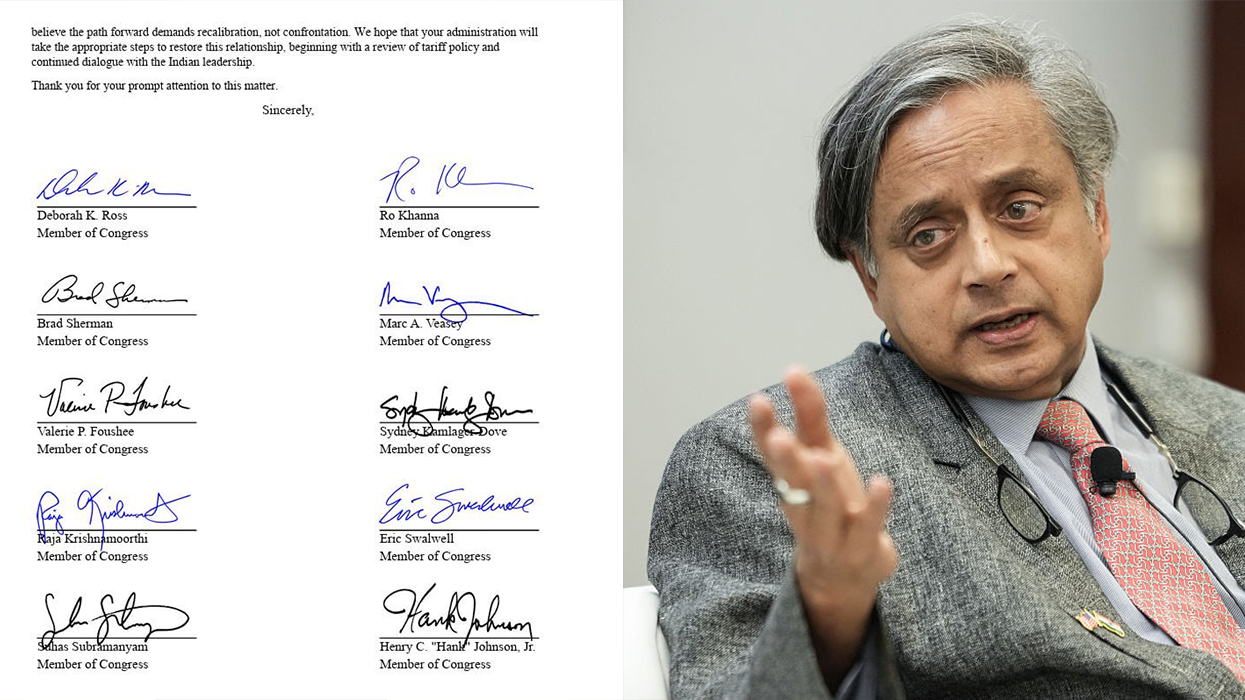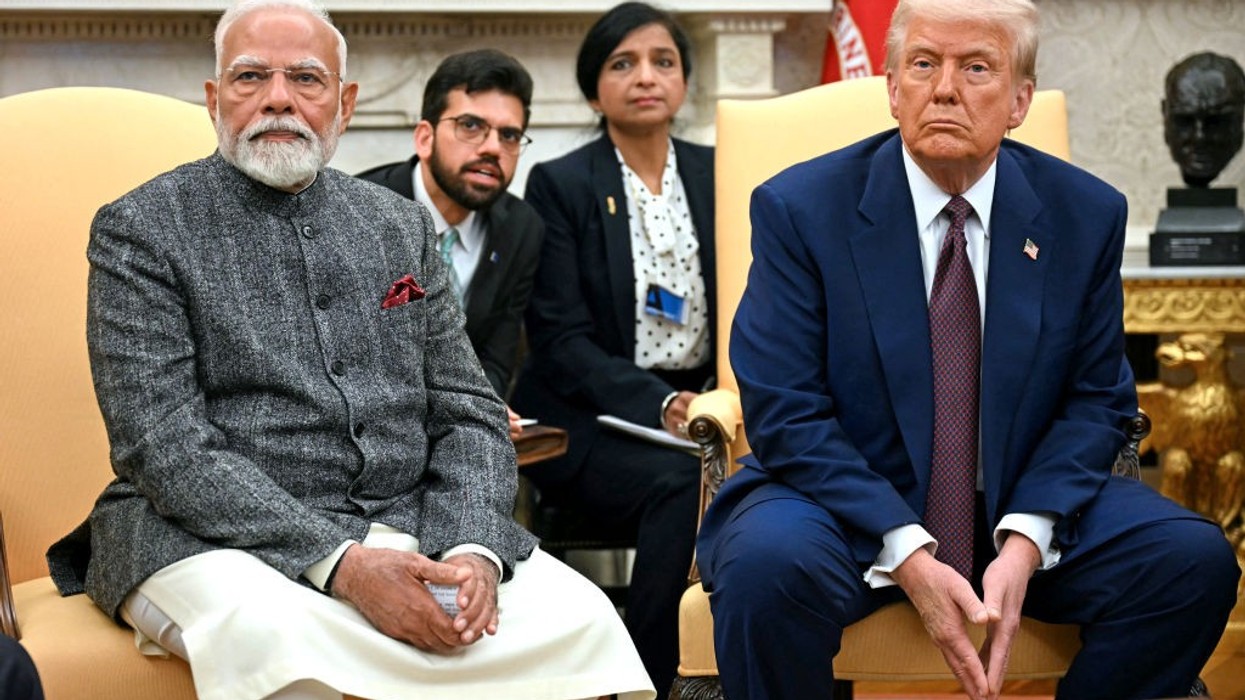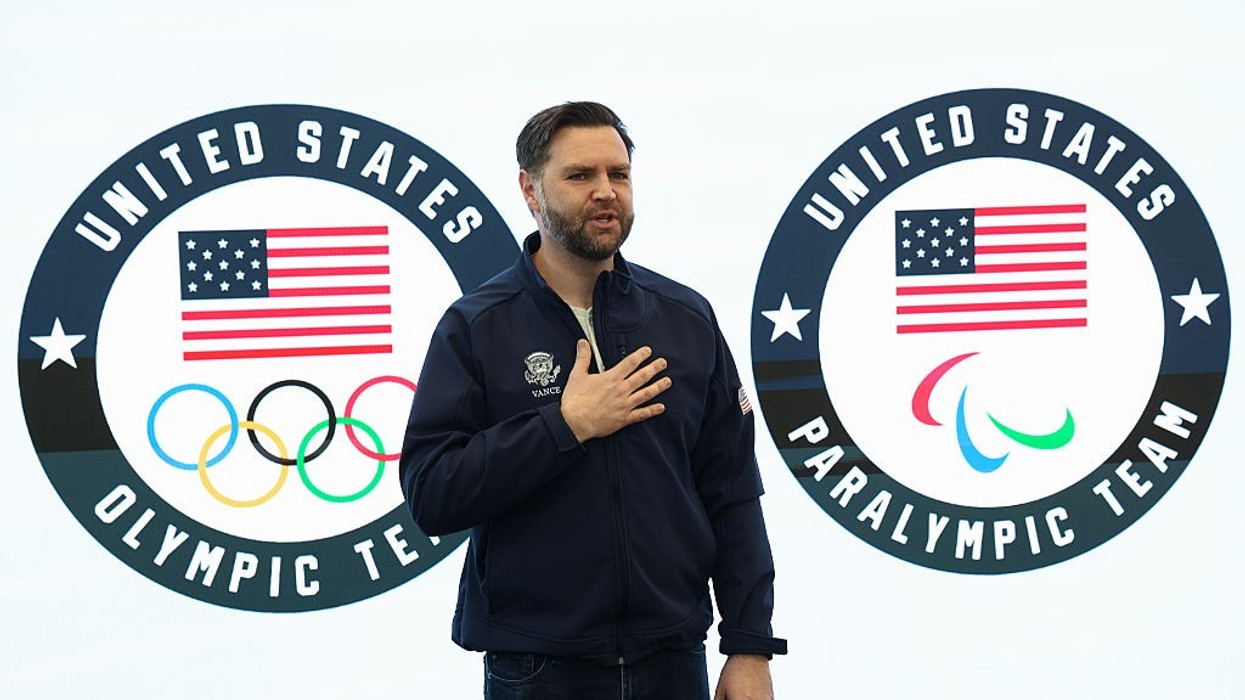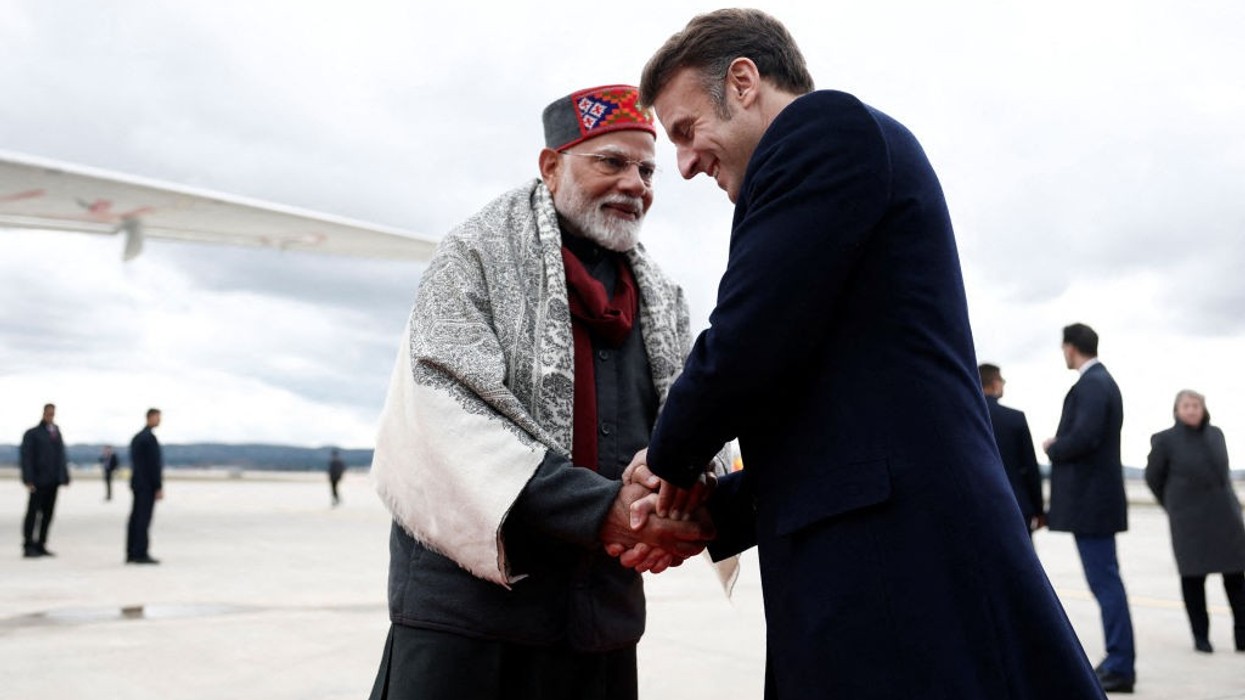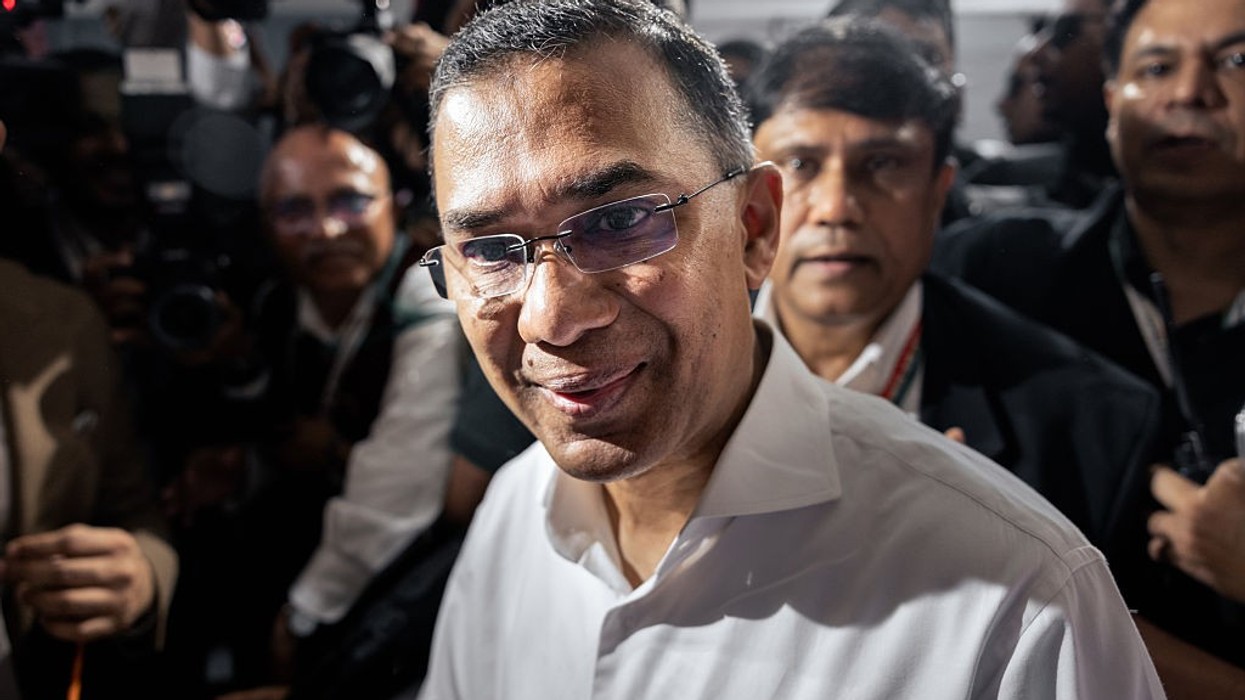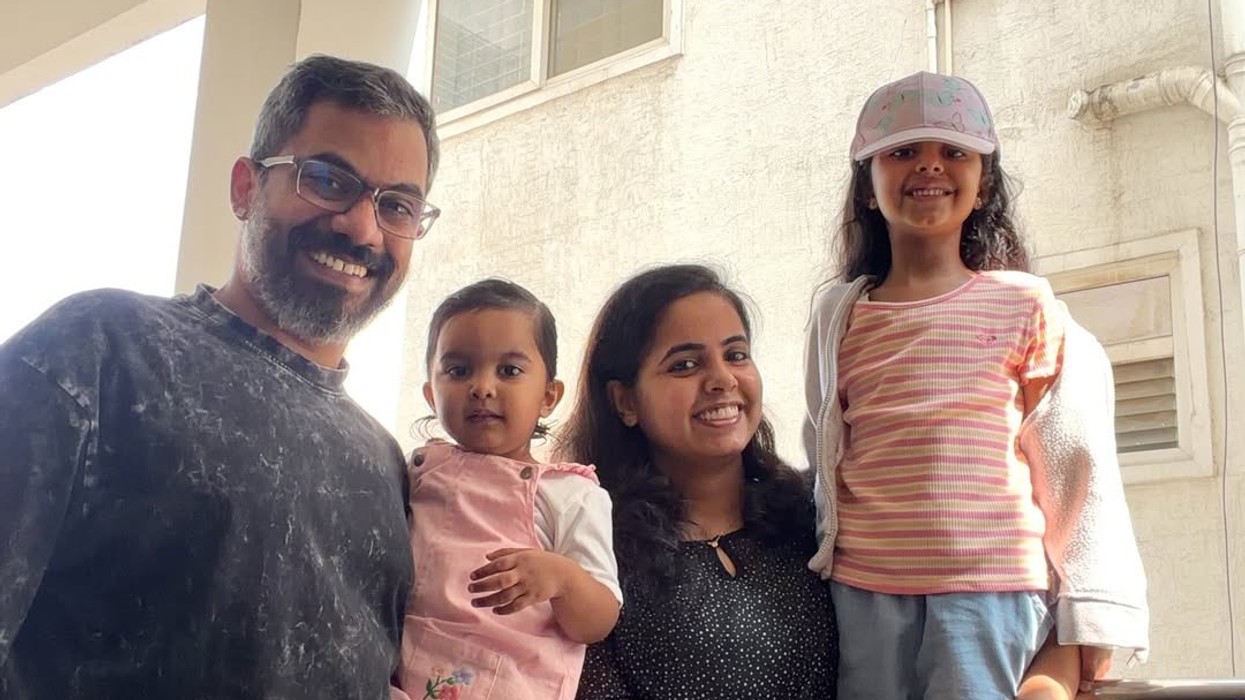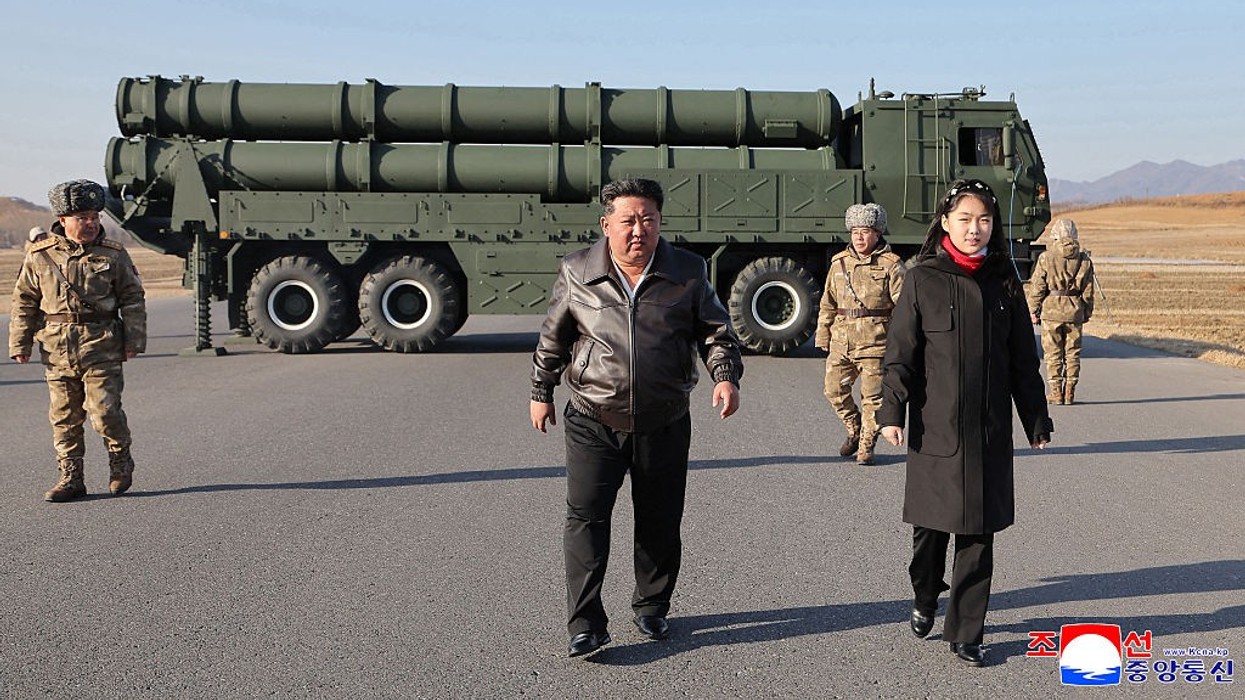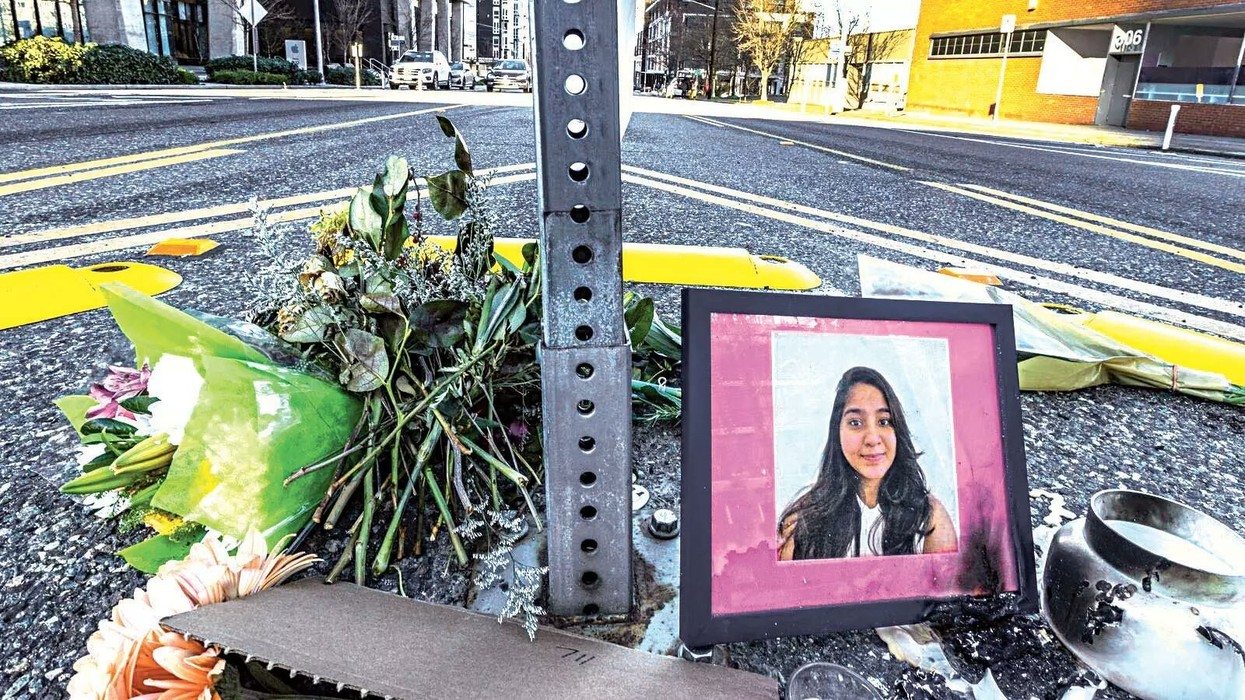In an interview and a tweet on Wednesday (15), India's opposition party politician and member of parliament Shashi Tharoor expressed frustration first and then tweeted about appreciation over what he called the Indian American community's 'muted response' to the Trump administration's 50 per cent tariffs on Indian goods and higher H-1B visa fees.
He urged the diaspora to lobby Washington more assertively, warning that silence could allow harmful trade and immigration policies to persist. Tharoor pointed to a recent letter from ten congress members urging president Trump to 'reset and repair' India-US relations as evidence that organized advocacy can influence policy when pursued effectively.
A swift rebuttal from the Hindu American foundation
Suhag Shukla, co-founder and executive director of the Hindu American Foundation (HAF), countered Tharoor's remarks, arguing that Indian Americans are not 'proxies' of the Indian government. She noted that the community's first responsibility lies within the framework of US democracy, emphasizing that citizenship means balancing multiple identities rather than unquestioned loyalty to India's government agenda.
According to Shukla, diaspora members have long contributed to India-US relations through civic engagement, policy research, and bipartisan outreach, just not always in the overtly political way India might expect.
Were lawmakers reacting to Tharoor, or were they acting already?
The timing of Tharoor's comments and the congressional letter raises questions: did his remarks prompt greater US attention, or were lawmakers already responding to growing economic and diplomatic strains? The 50 per cent tariff hikes and visa fee increases have angered both US businesses and the Indian American tech sector.
Analysts suggest that the congressional appeal may have stemmed from these domestic pressures rather than Tharoor's statements. Yet, his critique undeniably amplified public discourse, spotlighting how diaspora engagement or the perception of its absence can shape narratives in both capitals.
A balancing act of identity and influence
The debate highlights a deeper question: how should Indian Americans engage when US policy decisions affect both their livelihoods and India’s interests? Some advocate for direct lobbying, citing examples of other ethnic groups successfully influencing foreign policy. Others prefer a broader, values-based approach focused on democracy, pluralism, and economic collaboration. The diversity of the diaspora—ranging from tech professionals to entrepreneurs and academics—makes unified action difficult, even when the cause is shared.
Beyond blame: Toward constructive engagement
While Tharoor’s frustration reflects a desire for stronger diaspora advocacy, Shukla’s response reminds both sides that loyalty and influence cannot be dictated; they must evolve naturally through shared goals. The real challenge lies in transforming scattered efforts into sustained dialogue between policymakers, community leaders, and both governments. If anything, this moment offers an opportunity for Indian Americans to refine their role, not as spokespersons for India, but as strategic partners bridging two democracies.
